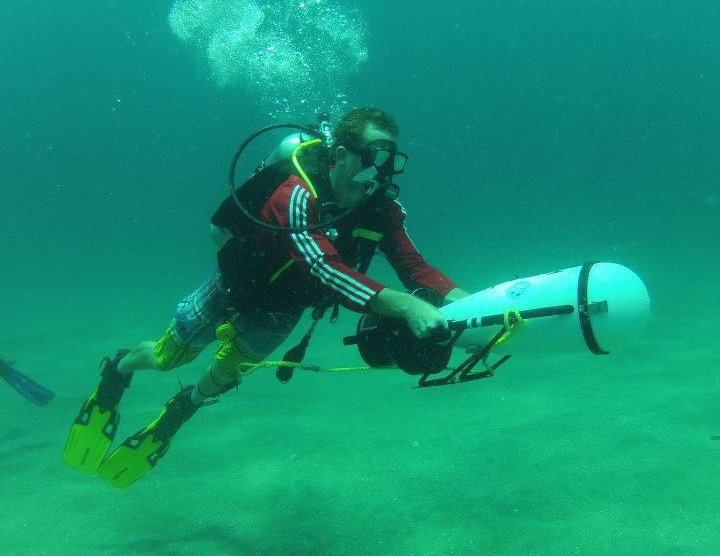Document Type
Article
Publication Title
Geoscientific Model Development
Abstract
We describe the Bayesian user-friendly model for palaeo-environmental reconstruction (BUMPER), a Bayesian transfer function for inferring past climate and other environmental variables from microfossil assemblages. BUMPER is fully self-calibrating, straightforward to apply, and computationally fast, requiring ~2 s to build a 100- taxon model from a 100-site training set on a standard personal computer. We apply the model’s probabilistic framework to generate thousands of artificial training sets under ideal assumptions. We then use these to demonstrate the sensitivity of reconstructions to the characteristics of the training set, considering assemblage richness, taxon tolerances, and the number of training sites. We find that a useful guideline for the size of a training set is to provide, on average, at least 10 samples of each taxon. We demonstrate general applicability to real data, considering three different organism types (chironomids, diatoms, pollen) and different reconstructed variables. An identically configured model is used in each application, the only change being the input files that provide the training-set environment and taxon-count data. The performance of BUMPER is shown to be comparable with weighted average partial least squares (WAPLS) in each case. Additional artificial datasets are constructed with similar characteristics to the real data, and these are used to explore the reasons for the differing performances of the different training sets.
First Page
483
Last Page
498
DOI
10.5194/gmd-10-483-2017
Publication Date
2017
Recommended Citation
Holden, Philip B.; Birks, H. John B.; Brooks, Stephen J.; Bush, Mark B.; Hwang, Grace M.; Matthews-Bird, Frazer; Valencia, Bryan G.; and van Woeslk, Robert, "BUMPER V1.0: A Bayesian User-Friendly Model For Palaeo-Environmental Reconstruction" (2017). Ocean Engineering and Marine Sciences Faculty Publications. 101.
https://repository.fit.edu/oems_faculty/101


